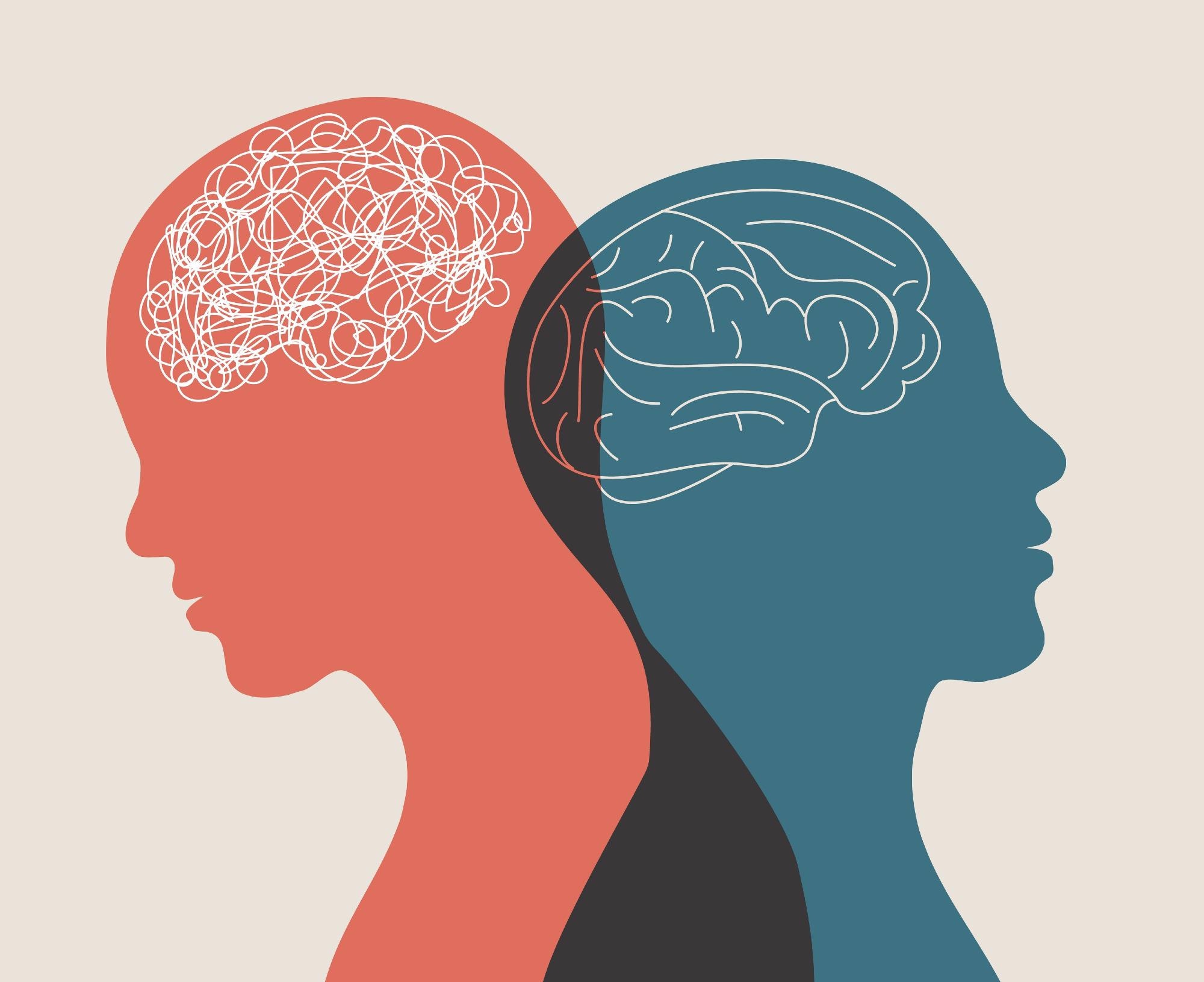Your Guide to Accessing Top Quality Mental Health Services
Your Guide to Accessing Top Quality Mental Health Services
Blog Article
Recognizing the Impact of Workout on Mental Health And Wellness and General Wellness
Beyond its physical advantages, the impact of exercise on one's mental health has been a topic of growing passion and research - Mental Health Services. As we navigate through the intricacies of this partnership, a deeper understanding of how workout affects our psychological state and general wellness emerges, losing light on the profound ramifications it holds for our everyday lives and lasting health.
Benefits of Exercise on Mental Wellness

Normal workout has been shown to significantly enhance psychological wellness end results in individuals of every ages. Taking part in routine exercise not only advantages physical well-being however also plays a vital duty in enhancing psychological health. Among the primary advantages of exercise is its capacity to decrease signs of anxiety and clinical depression. Physical task boosts the launch of endorphins, additionally referred to as the "feel-good" hormonal agents, which can assist reduce feelings of anxiety and improve state of mind.
Moreover, workout has actually been connected to boosted cognitive function and general mind health. Additionally, workout promotes much better sleep patterns, which are important for keeping excellent psychological health and wellness.

Connection In Between Workout and Tension
Exercise serves as a powerful mechanism for relieving stress and promoting psychological health by promoting the release of endorphins and promoting a sense of relaxation and renewal. Exercise advertises the production of endorphins, often referred to as the body's all-natural painkillers, which act as mood elevators and stress and anxiety reducers.
Participating in exercise also uses a distraction from day-to-day stress factors, enabling individuals to focus on the here and now moment rather than ruminating on resources of anxiety. In addition, exercise can improve self-confidence and self-confidence, giving a feeling of achievement and control that can battle sensations of vulnerability often related to anxiety. By integrating workout into a regular regimen, people can properly manage tension levels, resulting in enhanced mental health and overall quality of life.
Effect of Workout on State Of Mind
Involving in exercise has actually been shown to dramatically affect one's mood and psychological health. The relationship in between exercise and state of mind is well-documented, with various studies highlighting the favorable results of physical task on mental health and wellness. When we involve in exercise, our bodies launch endorphins, generally recognized as "feel-good" hormonal agents, which can aid alleviate feelings of anxiety, anxiety, and anxiousness. In addition, regular workout can result in boosted self-confidence and a feeling of achievement, which can better enhance one's total state of mind.
Additionally, the influence of workout on state of mind expands past just the instant post-workout duration. Research study suggests that individuals who maintain a constant workout routine are most likely to experience lasting renovations in their state of mind and emotion. This can be credited to the architectural adjustments in the mind that occur as an outcome image source of routine physical activity, such as raised connection in between mind areas in charge of regulating feelings.
Workout and Cognitive Function
Countless researches have shown the significant impact of physical activity on cognitive feature, highlighting the intricate relationship between exercise and psychological procedures. Involving in normal exercise has been shown to improve various facets of cognitive function, consisting of memory, interest span, analytical abilities, and overall psychological acuity.
Furthermore, constant exercise has been connected to a lowered danger of cognitive decline and neurodegenerative conditions such as Alzheimer's. Researches recommend that people that maintain Visit Website an active lifestyle throughout their lives experience slower rates of cognitive decline compared to those that are sedentary. On the whole, the proof overwhelmingly sustains the idea that routine exercise is not only helpful for physical health and wellness yet additionally plays a vital function in maintaining and boosting cognitive function.
Strategies for Integrating Workout
Embracing a structured strategy to incorporating physical activity into day-to-day regimens can considerably enhance the possibility of preserving a constant workout program. In addition, integrating exercise into existing routines, such as walking or cycling to work, taking the stairways rather of the lift, or organizing routine exercise sessions, can aid make physical task a habitual part of day-to-day life.
An additional valuable strategy is to locate tasks that are delightful. Whether it's dancing, cycling, swimming, or yoga, taking part in tasks that bring pleasure enhances the opportunities of sticking with the workout routine in the lengthy run. Differing the types of workouts and setting apart time for both cardio and strength-training tasks can protect against monotony and provide a holistic strategy to physical fitness.
Including exercise right into social tasks, such as joining a sporting activities group or exercise team, can additionally cultivate a sense click of neighborhood assistance and responsibility, making it easier to remain dedicated to regular exercise. By implementing these approaches, people can develop a sustainable and meeting exercise regimen that advertises mental health and overall health.
Conclusion
In verdict, exercise has numerous advantages for mental health and general wellness. By recognizing the effect of exercise on psychological health and wellness, individuals can take aggressive actions to prioritize their physical activity and gain the favorable results on their mental and emotional state.

Report this page